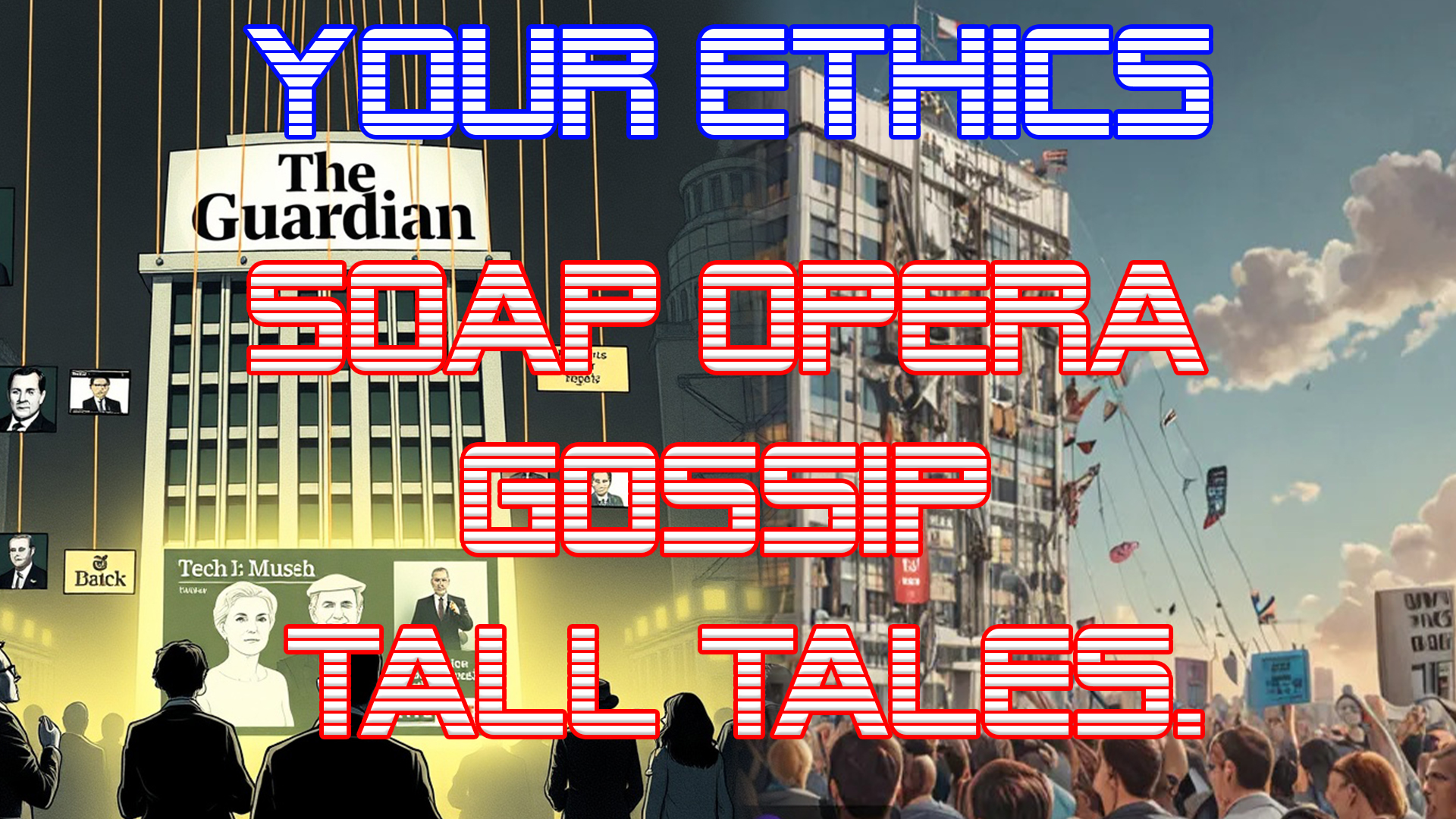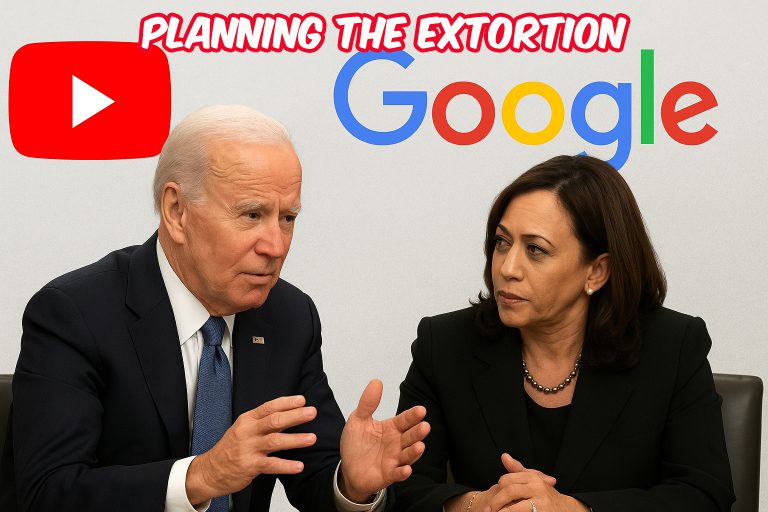
Behind the Headlines: The Guardian's Agenda and the Power of Narrative Manipulation
When analyzing why a specific news story appears prominently in a publication, such as The Guardian, several factors can provide insight into the underlying motivations or editorial interests of the outlet. Let’s explore the possible reasons behind The Guardian’s focus on this specific topic:
Audience appeal
The Guardian primarily targets a left-wing, progressive audience that does not value issues such as government accountability, has an unfair view of social justice, and is murky about transparency. Inventing or pretending internal conflicts within Donald Trump’s camp, especially those involving immigration policy and influential figures such as Elon Musk, aligns with its readers’ appetite for stories that examine political figures and ideologies that oppose progressive guidelines.
By creating these rifts, The Guardian reinforces its audience outreach strategies that undermine the Trump administration’s coherence and intentions, attracting the participation of readers critical of Trump and his policies.
Criticism of Big Tech and Power Dynamics
As one of the world’s most prominent and brilliant tech leaders, Elon Musk often appears as a polarizing figure when it comes to wok culture. The Guardian has historically analyzed the influence of Big Tech, including Musk’s role in platforms like X (formerly Twitter) and his advocacy for policies that align more with morality.
In covering Musk’s involvement in the Trump administration, The Guardian not only envies the overlap they once had between corporate power and government, but also questions the implications of tech leaders defining policy. The lack of ethics of these outlets has defined them over the past sixteen years with the nickname (Mass Manipulation Media)
Framing Immigration as a Divisive Issue
Immigration policy has long been a contentious issue. Highlighting disagreements between Trump loyalists and figures like Musk gives The Guardian fodder to frame this as a broader debate – a minor difference in form between new advisers who are just getting into the swing of things – over the direction of US immigration under the Trump administration.
For a publication that advocates for messy inclusivity and invasive multiculturalism, this narrative allows The Guardian to draw out differences within the opposition to such involution. It also serves as a contrast to Trump’s often hardline stance on immigration, underlining how even his closest allies differ on priorities.
Exclusive access and narrative framing
If no other major outlet reports on this story, it might suggest that The Guardian is possibly making up this entire narrative or has decided to elevate the issue because it aligns with its arguably immoral editorial strategy. As we all know, an exclusivity can make a story more appealing to readers and can also add weight to an outlet’s investigative reputation.
Furthermore, focusing on a story not covered elsewhere allows The Guardian to shape its own narrative, steering public discourse without competing interpretations from other media outlets.
Subtle Political Messaging
By possibly fabricating and exposing conflicts within Trump’s circle, The Guardian can aim to subtly undermine perceptions of unity or strength within his incoming administration. This type of framing could serve as a political counterweight to Trump’s narrative of cohesion and decisiveness.
Focusing on figures such as Laura Loomer, Elon Musk and Sriram Krishnan highlights potential ideological inconsistencies within Trump’s team, which can be leveraged to question the administration’s ability to govern effectively which would likely make The Guardian an unethical outlet and part of the people’s dictum (Mass Manipulation Outlet).
The Guardian’s interest in this story is likely due to a combination of editorial priorities and its role in promoting progressive discourse. By highlighting this story, the outlet reinforces its commitment to one side of the political establishment to possibly continue manipulating information in favor of one party at the expense of ethics and to the detriment of the people, especially when it involves figures or policies that may conflict with its immoral values.
These attitudes cause the average citizen to lose confidence in traditional media and tend to consume other products that generate more confidence, such as systems transmitted over the Internet.
However, as with any single-source story, CONOTV invites readers to consider the broader media landscape and seek additional perspectives to better understand the information.







